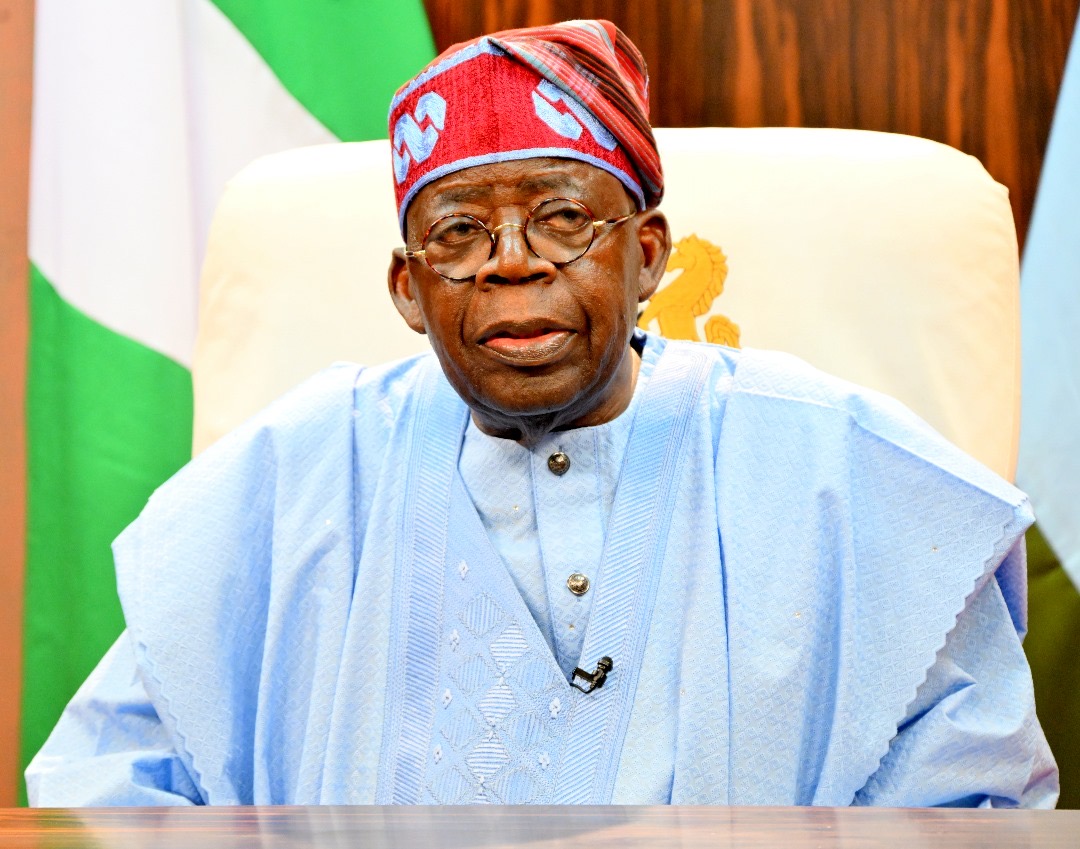Emma Okonji
Given the current telecoms subscribers’ figure of 171,566,422, with a teledensity of 79.14 per cent as at August 2025, industry statistics have shown that more subscribers across all networks are on 4G technology, despite the rollout of 5G technology since September 2022.
The industry statistics released recently by the Nigerian Communications Commission (NCC), the telecoms industry regulator, which THISDAY obtained from NCC’s official website, showed that the fourth generation technology (4G) still leads other generation technologies like the 2G, 3G and 5G technologies, in terms of penetration and percentage market share as at August 2025.
MTN Nigeria Communications had on September 19, 2022, precisely three years ago, launched its commercial 5G in Lagos, with a promise to carry out 5G commercial launch in six other cities, which include: Abuja, Port Harcourt, Ibadan, Kano, Owerri, and Maiduguri.
During the launch, MTN’s Chief Executive Officer, Mr. Karl Toriola, said the Lagos 5G commercial launch was in fulfillment of MTN’s earlier promise to begin 5G commercial launch in cities, within one month of 5G rollout. He explained that the advanced 5G technology would extend the reach and capacity of MTN Nigeria’s data network in Nigeria and enable much faster speeds and lower latency, giving customers near-instant access to the things they care about and the downloads that take seconds, instead of minutes.
Subsequently, Airtel Nigeria, on June 20, 2023 rolled out its fifth-generation (5G) network in four states in Nigeria, with plans to cover the entire country by the end of that year. The states included Lagos, Ogun, Rivers, and the Federal Capital Territory (FCT), Abuja.
Speaking during the 5G launch in Lagos, the then Chief Executive Officer, Airtel Nigeria, Carl Cruz, said: “The 5G revolution opens a new vista of opportunities and it is a quantum leap from the existing 4G network. With 4G, video playback and video calls are smooth but with 5G, end-to-end video creation with the support of Artificial Intelligence (AI) is possible. 5G is a completely new experience that supercharges cloud computing, telemedicine, self-driving cars, cloud gaming, Augmented Reality (AR), Virtual Reality (VR), and Internet of Things (IoT). With 5G, we can only be limited by the limits of our imagination.”
Given the widespread hype of 5G in 2022 by MTN and in 2023 by Airtel, one would have imagined that 5G would be leading other generation technologies by now, but the current NCC statistics puts 5G penetration at a mere 3.27 per cent, while 3G has 7.13 percentage market share, and 2G has 38.38 percentage market share, with 4G having the highest percentage market share of 51.22 per cent as at August 2025.
According to the statistics, 4G technology has maintained the lead in market penetration and percentage market share since the commercial rollout of 5G in September 2022.
From the statistics, in January 2025, the percentage market penetration of 4G was 47.23 per cent, followed by 2G with 41.63 per cent; 3G 8.60 per cent; and 5G 2.54 per cent.
In February 2025, the percentage market penetration of 4G was 47.98 per cent, followed by 2G with 40.93 per cent; 3G 8.48 per cent; and 5G 2.61 per cent.
In March 2025, the percentage market penetration of 4G was 48.82 per cent, followed by 2G with 40.08 per cent; 3G 8.40 per cent; and 5G 2.70 per cent.
In April 2025, the percentage market penetration of 4G was 49.27 per cent, followed by 2G with 39.67 per cent; 3G 8.25 per cent; and 5G 2.81 per cent.
In May 2025, the percentage market penetration of 4G was 50.29 per cent, followed by 2G with 38.76 per cent; 3G 8.02 per cent; and 5G 2.93 per cent.
In June 2025, the percentage market penetration of 4G was 50.80 per cent, followed by 2G with 38.47 per cent; 3G 7.66 per cent; and 5G 3.07 per cent.
In July 2025, the percentage market penetration of 4G was 50.85 per cent, followed by 2G with 38.60 per cent; 3G 7.38 per cent; and 5G 3.17 per cent.
In August 2025, the percentage market penetration of 4G was 51.22 per cent, followed by 2G with 38.38 per cent; 3G 7.13 per cent; and 5G 3.27 per cent.
Giving reasons for the slow penetration of 5G technology across all networks since its commercial rollout in 2022, the spokesperson for telecoms operators in Nigeria, who doubles as the Chairman, Association of Licensed Telecoms Operators of Nigeria (ALTON), Gbenga Adebayo, blamed the situation on the high cost of importation of 5G equipment in dollars, coupled with the weak value of the naira, compared to dollars.


